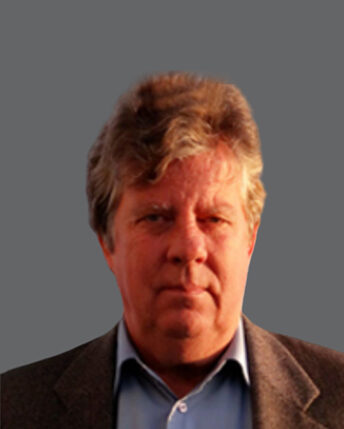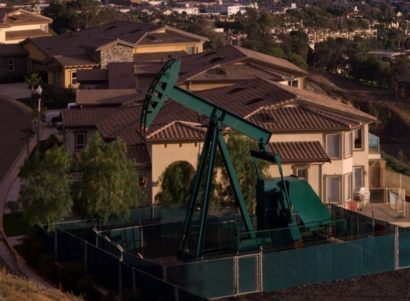David Hughes is a geoscientist who has studied Canadian energy resources for nearly four decades. During his career, he spent 32 years with the Geological Survey of Canada as a scientist and research manager. As Team Leader for Unconventional Gas on the Canadian Gas Potential Committee, Hughes developed a National Coal Inventory for Canada and coordinated a comprehensive assessment of Canada’s unconventional natural gas potential.
In 2008, Hughes founded Global Sustainability Research Inc., a consultancy dedicated to research on energy and sustainability issues. His clients include multinational energy companies, municipal governments, the Canadian federal government, and environmental groups. Over the past decade, he has researched, published, and lectured widely on global energy and sustainability issues in North America and internationally. He is a board member of the Association for the Study of Peak Oil and Gas in Canada and a Fellow of the Post Carbon Institute. His work has been featured in the popular press, radio, television, and other public media. He is a sought after speaker on global and North American energy issues, including shale gas, coal-bed methane, liquid natural gas, pipeline infrastructure development, and energy security and sustainability.

